New Regulations for Representative Conduct Will Go Into Effect on August 1
On July 2, 2018, SSA published final rules revising the Rules of Conduct and Standards of Responsibility for Representatives (Rules of Conduct) and updating the procedures used when charges are brought against a representative for violating these rules. 83 Fed. Reg. 30849. The Notice of Proposed Rulemaking (NPRM) was published on August 16, 2016 (81 Fed. Reg. 54520). Over 150 comments were timely submitted in response to the proposed rules from various individuals and organizations, including NOSSCR. The final rules are effective August 1, 2018.
In general, the final rules are substantively similar to the proposed rules. The final rules include both affirmative actions and prohibited conduct, as well as information regarding the procedures if charges are filed against a representative for their violations. The final rules, as published in the Federal Register, also include important prefatory material that should be read in conjunction with the actual regulations. Under the final revised Rules of Conduct, representatives will have an affirmative duty to disclose to SSA if they referred or suggested that the claimant seek an examination from, treatment by, or the assistance of an individual providing a medical or vocational opinion; representatives must correct a known misconception about whether a representative is an attorney or non-attorney representative; and representatives will be required to “immediately” disclose to SSA if they discover that a claimant is using, or has used, their services to commit fraud against the agency. In addition, restrictions are imposed on representatives’ ability to withdraw from a case after a hearing is scheduled. The final rules prohibit “persons lacking good character and reputation . . . [including those] who have a final conviction of
a felony or any crime involving moral turpitude, dishonestly, false statements, misrepresentation, deceit or theft” from serving as a representative.
(20 CFR §§ 404.1705 (b)(4) 416.1505(b)(4)).
The final rule restricts a representative’s right to withdraw from cases that have been scheduled for hearing, except under “extraordinary circumstances,” under §§ 404.1740(b)(3)(iv) and 416.1540(b)(3)(iv).NOSSCR’s comments strongly opposed this change, but recommended that if SSA chose to make the change the agency should incorporate examples of extraordinary circumstances into the regulatory text. Although this comment was not accepted, SSA did offer some examples in the prefatory matter:
“Some examples of ‘extraordinary circumstances’ under which we may allow a withdrawal include
1) serious illness;
2) death or serious illness in the representative’s immediate family; or
3) failure to locate a claimant despite active and diligent attempts to contact the claimant.”
Given the newrule’s effective date, withdrawals on or before July 31 should not require representatives to provide any explanations of the circumstances. Interestingly, although SSA purports to justify inclusion of this rule based on the ABA’s Model Rule 1.16, which supposedly “includes requirements for] withdrawal similar to this regulation,” the ABA’s rule, unlike SSA’s rule, speaks in permissive terms
(e.g. states when a lawyer may withdraw) and offers more wide-ranging scenarios in which withdrawal is permitted and/or appropriate. As such, ModelRule 1.16 significantly differs from SSA’s regulation, which is very vague and much more restrictive.
SSA considered many of NOSSCR’s comments to the NPRM, which are reflected in the final Rules of Conduct. For example, under §§ 404.1740(b) (7) – (9) and 416.1540(b) (7) – (9), representatives must disclose to SSA if they have been “disbarred or suspended from any bar or court;” “disqualified from participating in or appearing before any federal program or agency;” or “removed from practice or suspended by a professional licensing authority for reasons that reflect on the person’s character, integrity, judgment, reliability, or fitness to serve as a fiduciary.” NOSSCR requested
